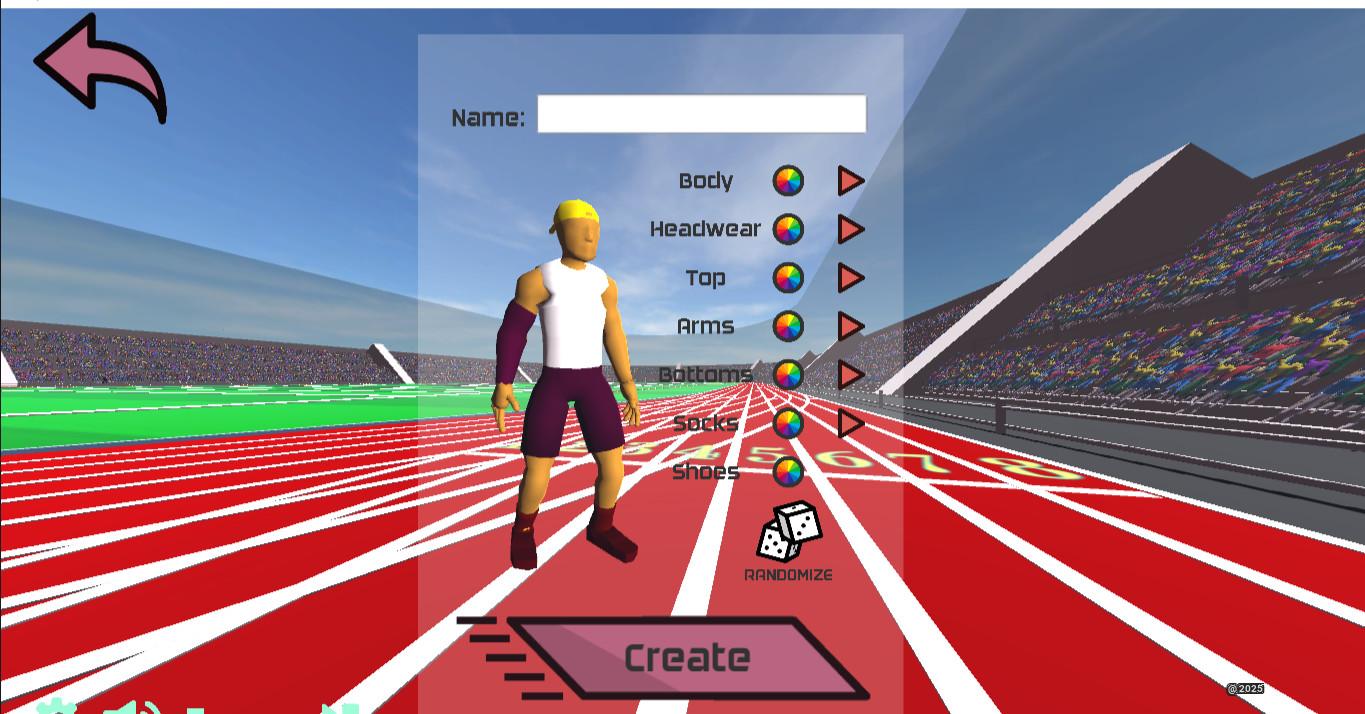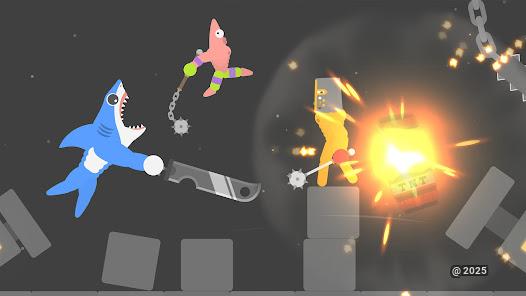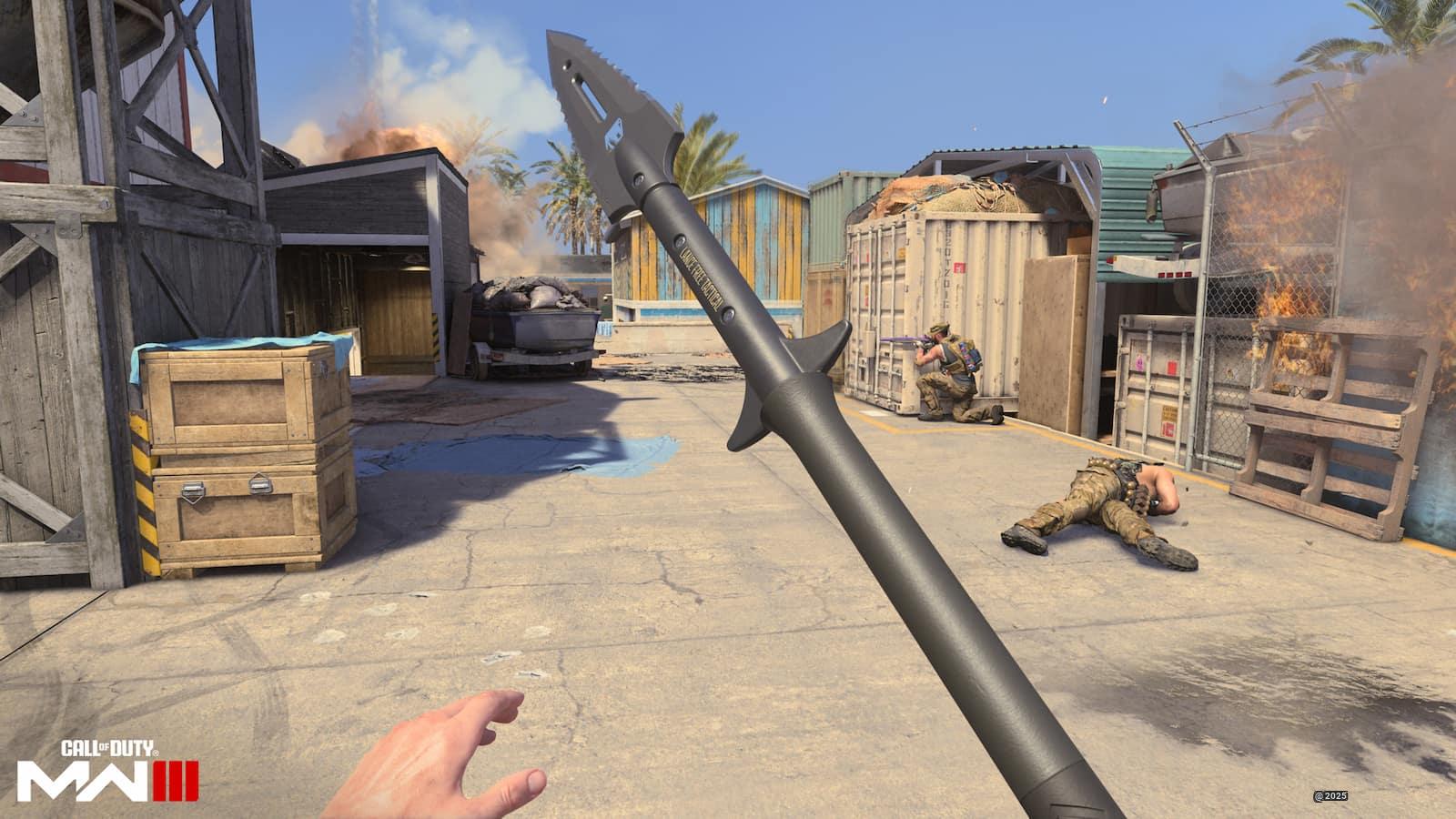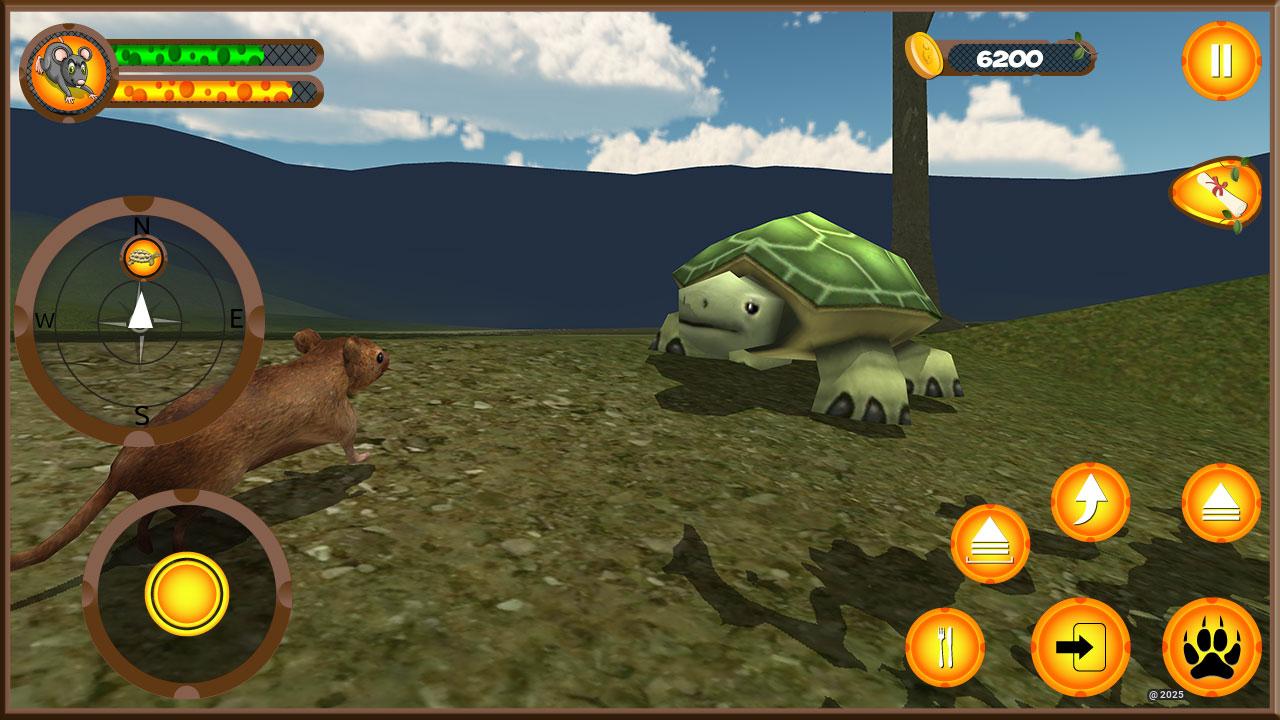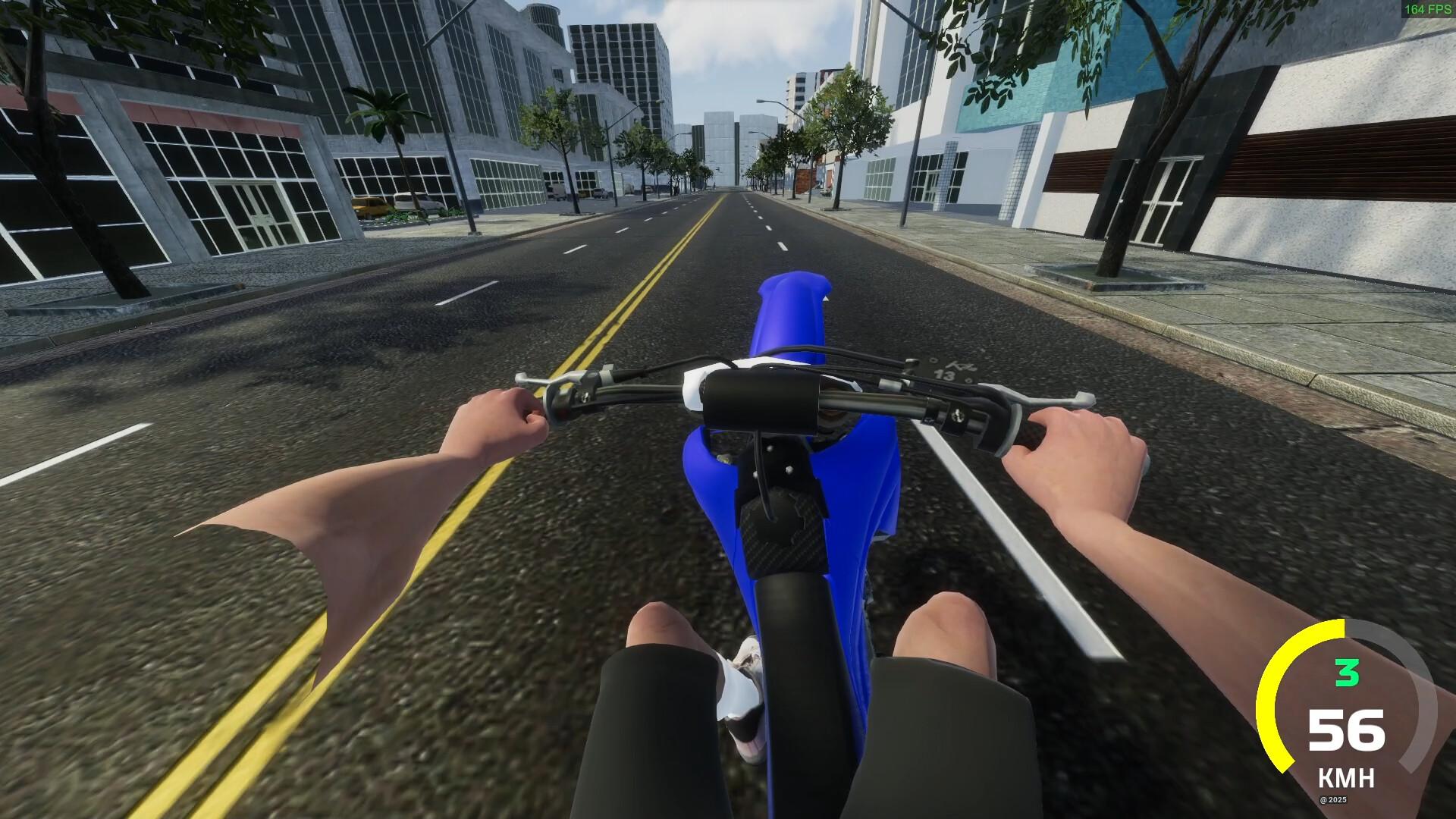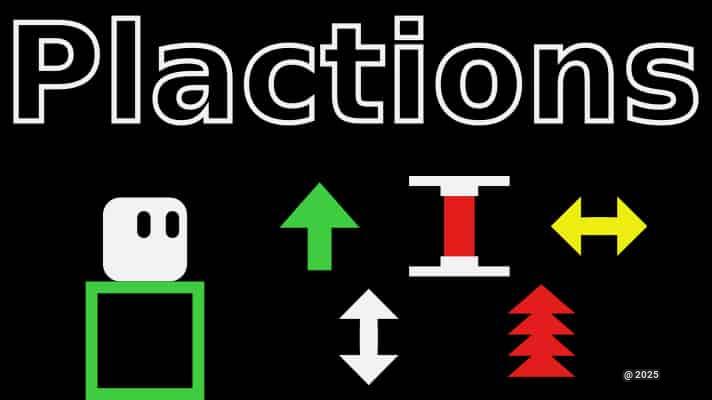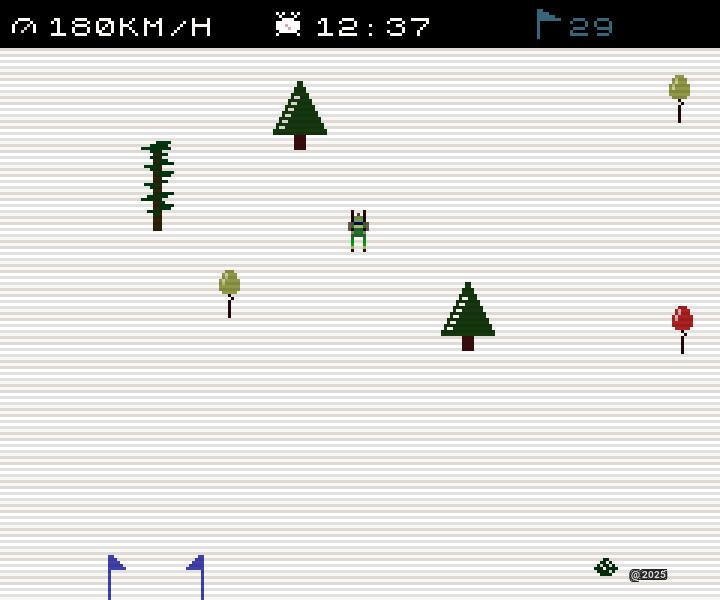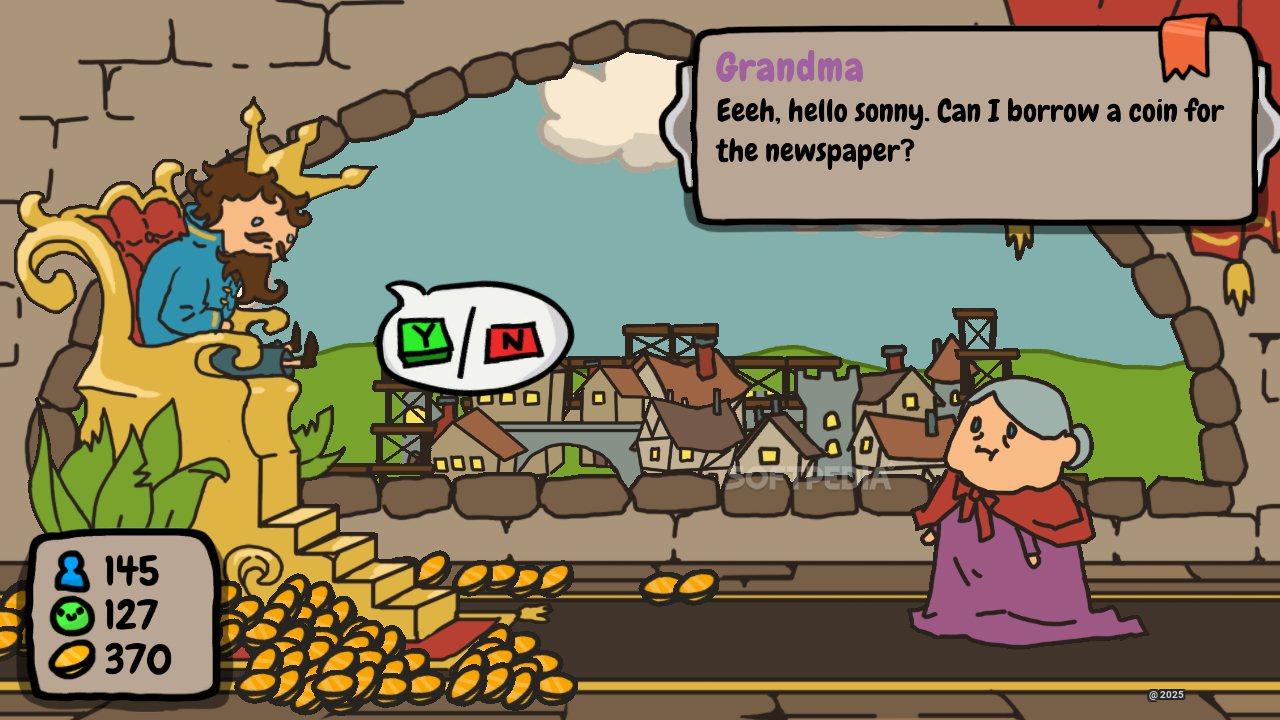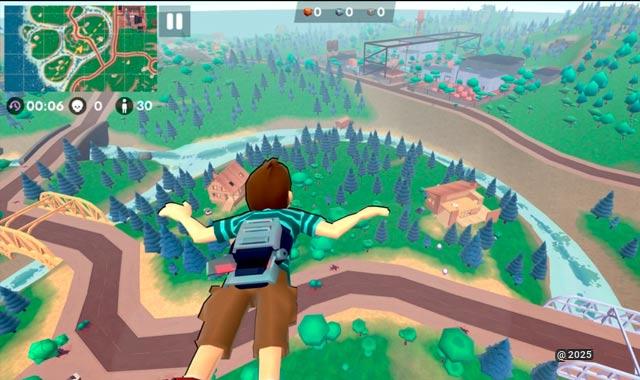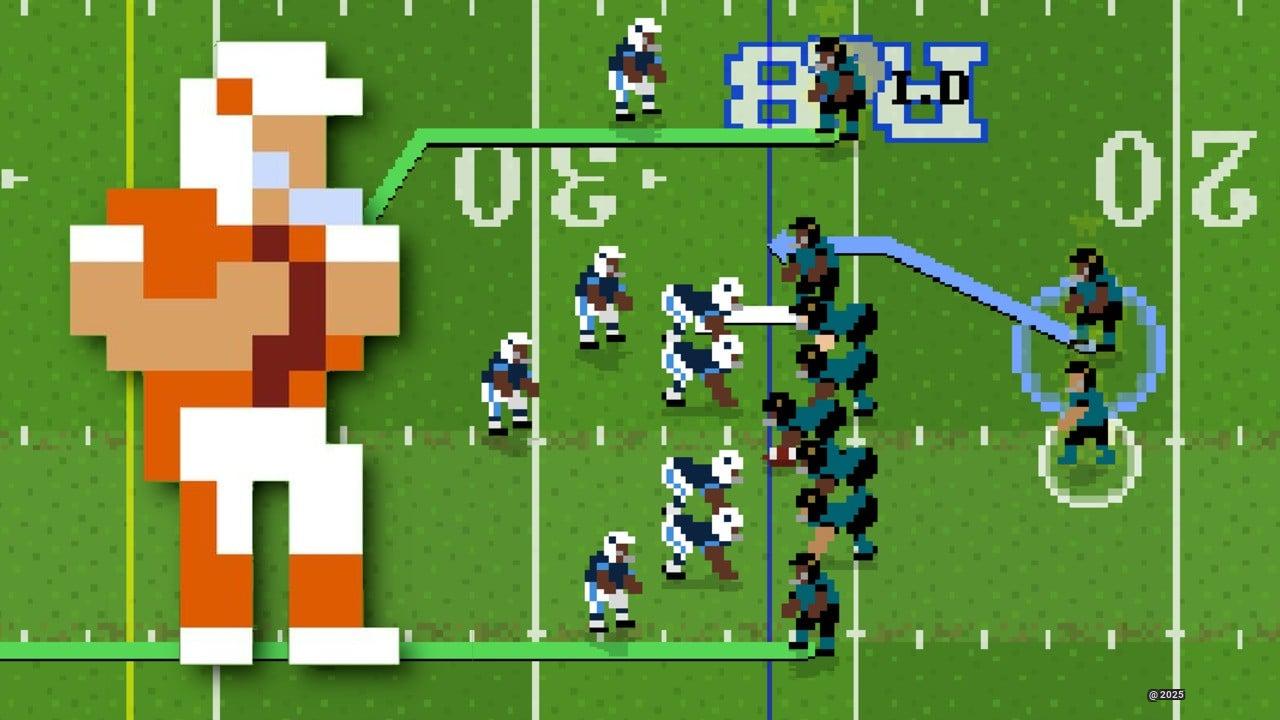Level Devil is a deceptively challenging platformer that flips traditional gaming conventions on their head, creating an experience where nothing is quite what it seems.
Remember that feeling of confidence when starting a new platformer? Level Devil shatters those expectations. This isn’t your standard run-and-jump game – it’s a masterclass in misdirection where every step could be your last. Players guide their character through what appears to be straightforward levels, only to discover that the game itself is their greatest adversary.
The genius of Level Devil lies in its psychological gameplay elements:
- False platforms that vanish just as you land
- Hidden traps that activate without warning
- Seemingly safe paths that lead to certain doom
- Visual cues designed to trick rather than help
- Multiple solutions that challenge player creativity
The minimalist design serves a clever purpose, using simple shapes and colors to both reveal and conceal the dangers ahead. Each failure teaches a valuable lesson, and success comes only through questioning everything you see. This creates a unique gaming experience where pattern recognition becomes both your best friend and worst enemy.
Think of it as a puzzle game disguised as a platformer, where the real challenge isn’t just reaching the exit – it’s figuring out which parts of the level are lying to you. The satisfaction of finally conquering a stage after dozens of attempts makes every frustrating moment worth it.
Traps, Fake Floors, and Sudden Changes
| Trap Type | Behavior | Player Impact |
|---|---|---|
| Vanishing Floors | Dissolves on contact | Forces quick reactions |
| Surprise Spikes | Emerges without warning | Tests spatial awareness |
| False Coins | Triggers hazards when collected | Challenges completionist instincts |
It’s not just their presence - it’s how they interact with your expectations. You’ll find yourself second-guessing every jump, every landing spot. I’ve learned that those innocent-looking platforms might sink into oblivion, while sketchy-looking surfaces could be your only safe haven.
The game employs a brilliant system of progressive revelation. Each death teaches you something new about the level’s true nature.
It’s actually a cluster of retractable spikes. Or that tempting shortcut in Level 7? It’s a one-way ticket to a hidden pit.
Design and Replay Value
The visual design of Level Devil is a masterclass in minimalist deception. I’ve noticed how the game uses simple geometric shapes and clean color palettes to hide its sinister nature. This isn’t just an artistic choice - it’s a crucial gameplay element.
Why does Level Devil keep drawing players back? Here’s what makes it so addictively replayable:
- Pattern Recognition: Each death adds to your mental map of the level
- Speed Running Potential: Once you know the traps, you can optimize your route
- Hidden Paths: Alternative routes that often hide even more devious challenges
- Achievement System: Rewards for finding particularly clever solutions
The sound design deserves special mention. Those subtle audio cues before a trap triggers? They become your best friends once you learn to recognize them. I’ve found that closing my eyes and just listening can sometimes reveal more than watching the screen.
| Design Element | Purpose | Player Benefit |
|---|---|---|
| Color Contrast | Highlight revealed traps | Better visual recognition |
| Audio Cues | Warning system | Reaction advantage |
| Visual Feedback | Death animation variety | Learning reinforcement |
Strategies for Overcoming Level Challenges
Here’s my tried-and-tested approach to conquering tough levels:
- Map the Deception: Make mental notes of every trap location
- Test Safely: Use controlled jumps to probe suspicious areas
- Learn the Rhythms: Many traps follow specific timing patterns
- Watch the Shadows: They often hint at hidden hazards
- Master the Momentum: Understanding your character’s physics is crucial
I’ve found that treating each run as a reconnaissance mission helps. Don’t focus on reaching the end - focus on discovering one new trap or safe spot per attempt.
The Psychology Behind Level Design
It’s all about how the game manipulates our expectations and learning patterns.
Consider these psychological principles at play:
- Pattern Recognition: Our brains naturally seek patterns - the game exploits this
- Risk vs. Reward: Perfectly balanced to keep us engaged
- Learning Through Failure: Each death feels educational rather than punishing
- Cognitive Dissonance: The game forces us to distrust our gaming instincts
| Psychological Element | Game Implementation | Player Response |
|---|---|---|
| Trust Issues | False visual cues | Heightened awareness |
| Achievement Drive | Visible but challenging goals | Increased persistence |
| Pattern Breaking | Subverted expectations | Adaptive thinking |
The game’s difficulty curve is carefully crafted to maintain what psychologists call the “flow state” - that sweet spot between frustration and boredom. You can learn more about this concept in this fascinating article on game psychology.
Similar Games
Final Words
Level Devil stands out as a mind-bending platformer that turns player expectations upside down. Through its clever mix of psychological manipulation and precise game design, it creates an experience that tests both reflexes and mental adaptability.
The game’s strength lies in its ability to make players question their gaming instincts. Each level presents a deceptive puzzle where standard platforming skills take a backseat to careful observation and creative problem-solving. The minimalist art style masks complex challenges, while the sound design subtly guides players through its treacherous landscapes.
Players who stick with Level Devil discover that every death teaches a valuable lesson. The game rewards persistence with a deep sense of satisfaction, as each completed level represents not just mechanical mastery but genuine learning and adaptation. The multiple solution paths add replay value, encouraging experimentation and creative approaches.
What makes Level Devil truly special is how it transforms failure into progress. Rather than feeling defeated, players gain knowledge with each attempt. The game proves that the most engaging challenges come from outsmarting the level design rather than just executing perfect jumps.


